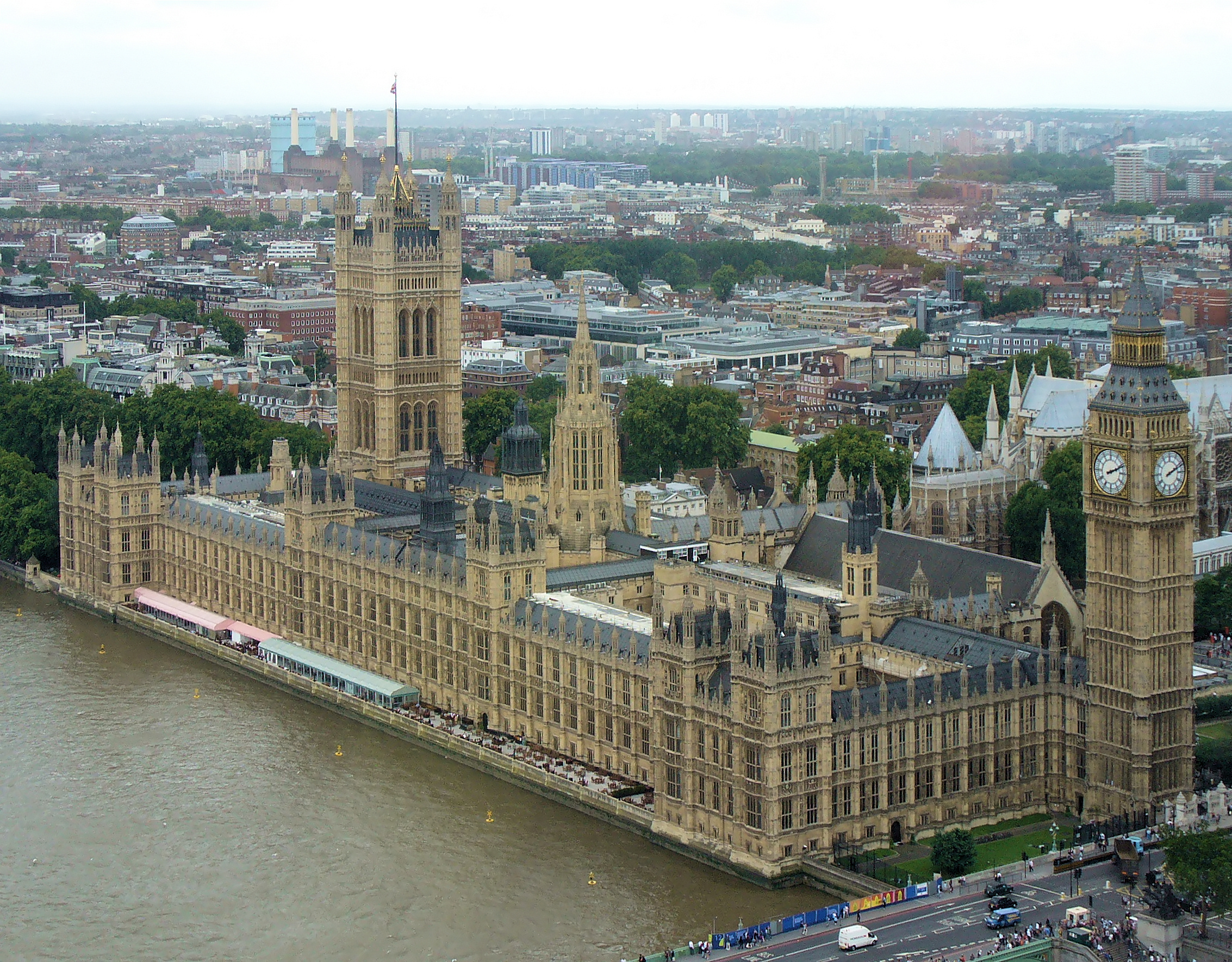
Almost a third of property sales collapse because lenders ‘getting tougher’ – claim
There has been a notable rise in the number of property sales falling through due to tougher mortgage lending conditions, it is claimed.
According to new figures from Quick Move Now, 31% of agreed property sales collapsed prior to completion in the second quarter of the year.
Of the sales that fell through, the property buying firm claims that 30% failed due to buyers being refused funds by mortgage companies. Danny Luke, Quick Move Now’s managing director suggests that this demonstrates growing caution from lenders.
Luke commented: “It’s unusual, in this day and age, for buyers to have an offer accepted on a property without having an agreement in principle in place with their mortgage lender. This would suggest that the 30% of failed sales attributed to difficulty securing a mortgage are due to buyers being turned down during the formal mortgage application process after initially securing an agreement in principle. This indicates that underwriters are getting tougher in the level of risk they’re willing to accept, both in terms of buyer circumstances and finances, and properties they’re prepared to lend on.
“Overall, the fall through rate has remained stable throughout the first half of this year, falling just one percent between the first and second quarter, but the reasons for failed sales tell an evolving story about the challenges currently being faced by the property market.
“We’ve already touched on the 30% of failed sales attributed to difficulty securing lending, but it seems it’s not just lenders who are showing growing caution. An extraordinary 50% of failed sales were attributed to the buyer changing their mind, pulling out in favour of another property, or pulling out after an unfavourable survey report.
“Growing inflation and cost of living have made it inevitable that both lenders and buyers would start to show greater caution. We have also seen delays in the conveyancing process that are resulting in an increasing number of buyers being required to apply for extensions to their mortgage offers. Those that were initially offered a mortgage may find that they’re unable to secure an extension to their offer, even if their circumstances haven’t changed. With lending criteria toughening up, difficulty securing mortgage finance is an issue that I suspect we will see much more of in the coming months.”










